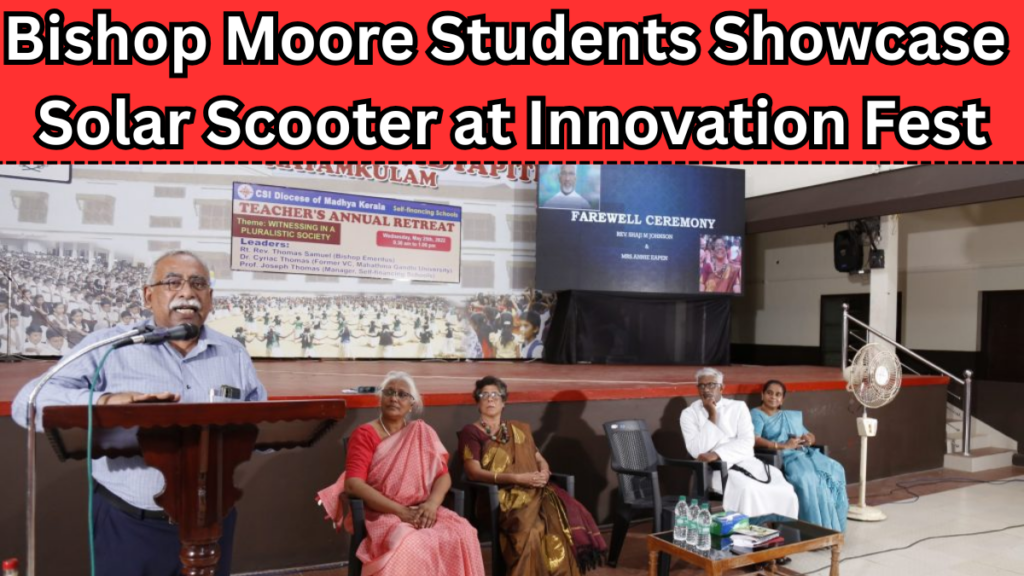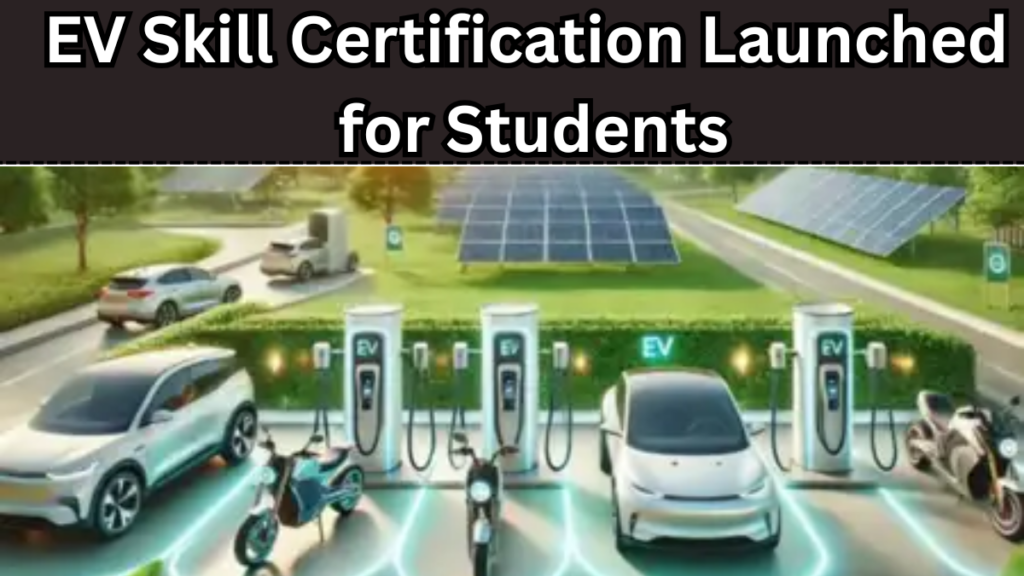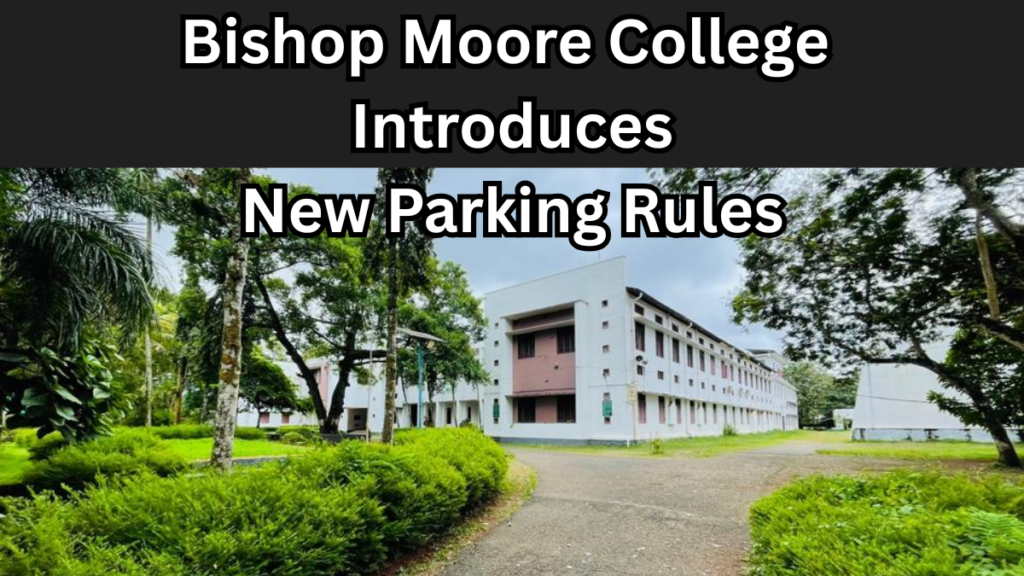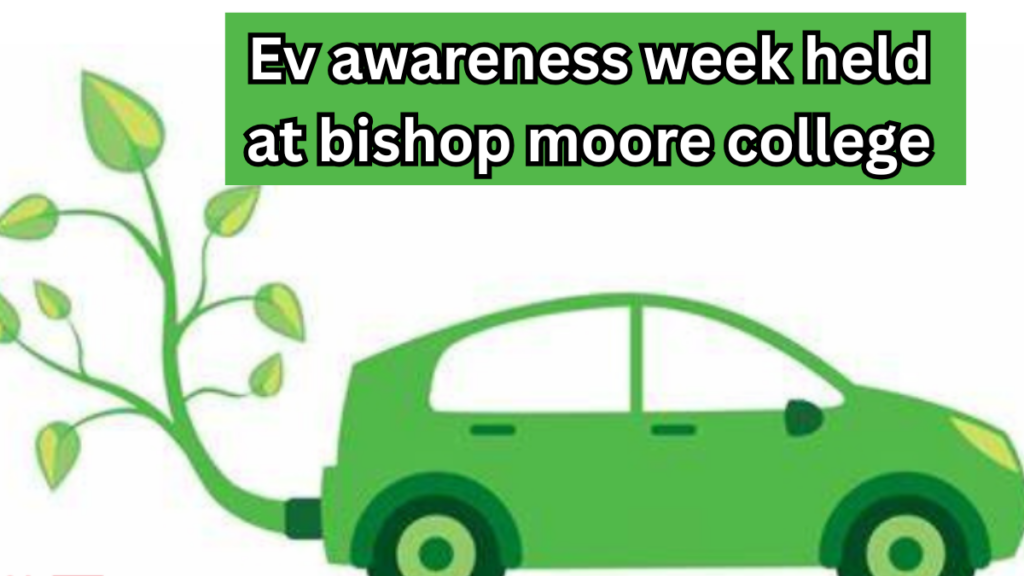As India accelerates towards a sustainable mobility future, Bishop Moore College has taken a forward-thinking step by incorporating EV education modules into its engineering program. This initiative not only reflects industry trends but also sets a new benchmark in academic innovation.
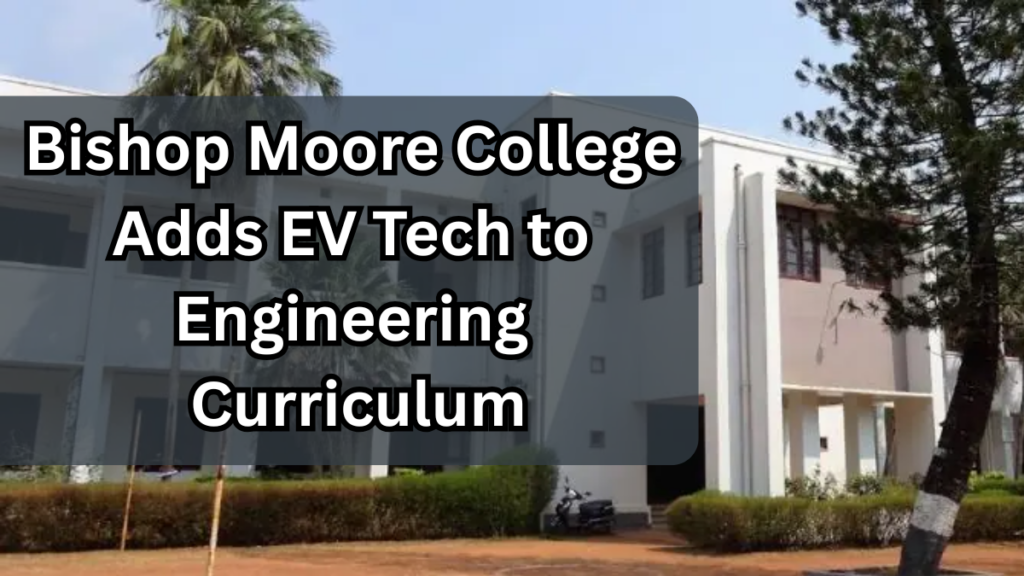
Table of Contents
Why It Matters: Building a Future-Ready Workforce
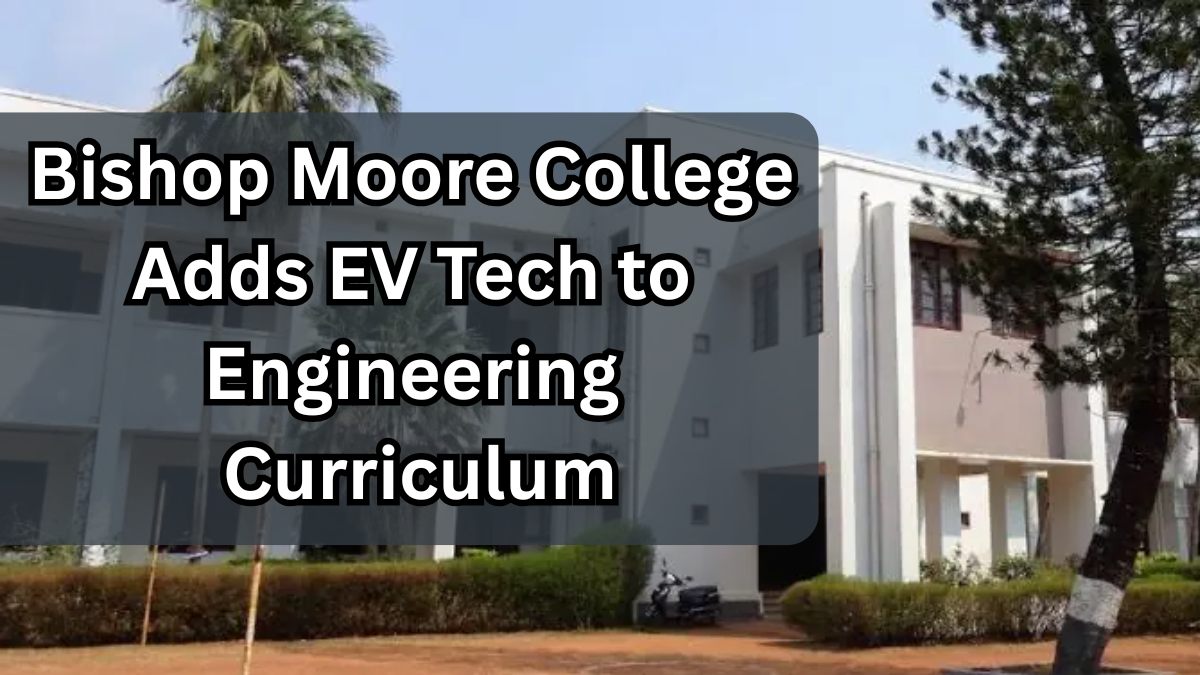
The electric vehicle (EV) sector in India is growing rapidly, generating a strong demand for skilled engineers. With this update to the college syllabus, Bishop Moore College is ensuring students are equipped with the knowledge and technical skills required to thrive in this evolving industry.
What’s New in the Curriculum?
Students can now dive into specialized EV education modules that are aligned with industry standards and real-world applications.
Key Modules Introduced
Module Name |
Focus Area |
Semester Offered |
|---|---|---|
Introduction to EV Technology |
EV architecture and powertrain systems |
3rd Semester |
Battery Management Systems (BMS) |
Lithium-ion battery operations and safety |
5th Semester |
EV Power Electronics |
Inverters, converters, and controllers |
6th Semester |
Green Mobility & Urban Planning |
EVs in smart transport infrastructure |
Final Year |
H3 Benefits for Engineering Students
-
Real-world exposure to EV hardware and software tools
-
Interaction with industry experts through guest lectures
-
Internship tie-ups with EV manufacturers and startups
-
Enhanced career readiness in green mobility
How EV Education Modules Align with Industry Needs
Bishop Moore College’s decision to embed EV education modules in its college syllabus is rooted in a clear vision—to align technical education with the demands of the job market. These modules aim to:
-
Fill the skill gap in India’s electric vehicle workforce
-
Encourage innovation and entrepreneurship in sustainable mobility
-
Foster critical thinking about energy-efficient solutions
Supporting India’s Green Vision
By integrating electric vehicle education into its academic structure, Bishop Moore College is actively supporting India’s shift to eco-friendly technologies. The institution is not only educating future engineers but also inspiring them to contribute to a cleaner planet.
FAQs
Q1. Why is Bishop Moore College introducing EV education modules?
The college is responding to the growing importance of EV technology and its potential to reshape the automotive and energy sectors. These modules ensure students are not left behind in this technological shift.
Q2. What practical experience will students gain?
Students will engage with simulation software, lab-based training, and EV prototypes. They’ll also have opportunities for field visits and hands-on projects with industry partners.
Q3. Are these modules mandatory for all students?
Currently, they are part of the curriculum for Electrical and Electronics Engineering students, with future expansion planned for other engineering branches.
Q4. How do these modules benefit students after graduation?
Students with EV expertise have higher chances of placement in top automotive companies, green startups, and research labs focusing on clean transportation.
Click here to learn more
